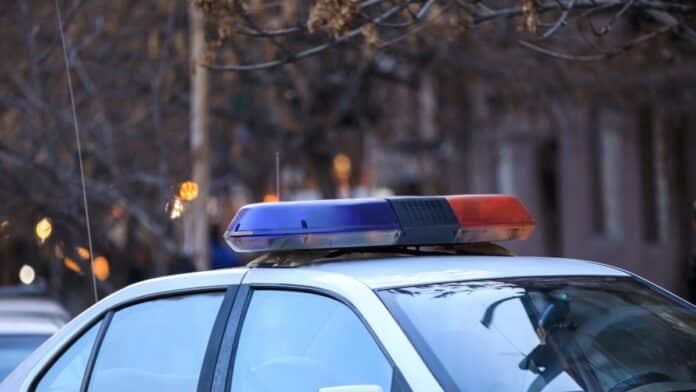In a recent development, Driving Equality Act prevails in Philadelphia as it has been upheld by a Court of Common Pleas judge. The act has thus withstood objections from the police union. This legislation, effective since March 2022, was introduced by Council member Isaiah Thomas to diminish traffic stops for specific vehicle violations and to reduce negative encounters between police officers and Black drivers.
Driving Equality Act Prevails in Philadelphia
The Driving Equality Act mandates that police officers should not stop a driver if the primary violation falls into one of these categories:
- Late registration (less than 60 days overdue)
- Improperly displayed temporary registration (visibility required)
- Unfastened license plate (fastening required)
- Absence of a single headlight or taillight
- Objects hanging from the rear-view mirror
- Minor damage to the bumper
- Driving with an expired or absent inspection sticker
- Driving with an expired or absent registration sticker
In February 2022, the Fraternal Order of Police Lodge 5, which represents officers from the Philadelphia Police Department (PPD), filed a lawsuit against the city, claiming that the new policy contradicts state motor vehicle code. Despite these objections, a judge ruled in favour of the Act, which remains in force. The FOP, however, plans to appeal the decision.
According to data from the Defender Association of Philadelphia, traffic stops of Black drivers for vehicle violations included in the Act decreased by 50% during the first eight months of the law’s enforcement, compared to the same period in the previous year. Nonetheless, stops of white residents also declined, indicating that officers may still be disproportionately stopping Black drivers.
Notably, violations such as windshield obstructions and inspection infringements fell by 90% or more. Conversely, there was an increase in stops for offenses not covered by the Act, like illegal window tinting and running stop signs or red lights.
Justin Nix, an associate professor of criminology and criminal justice at the University of Nebraska, Omaha, perceives the Driving Equality Act as part of a broader trend. He asserts that as society rethinks the responsibilities of police and their focus areas, traffic enforcement has become a prominent consideration.
Nix also recognizes the difficulty in striking a balance between public safety and civil rights. Removing specific offenses entirely may result in missed opportunities to confiscate illegal guns but must be weighed against potential rights violations during searches.
While Philadelphia grapples with a gun violence crisis, some residents and city leaders advocate for heightened stop-and-frisk enforcement, a contentious strategy that has historically led to the disproportionate stopping and searching of Black men.
The American Civil Liberties Union (ACLU) of Pennsylvania has recently voiced concerns about this practice in light of the upcoming election season. The Driving Equality Act, aiming to address these issues, has ignited debate and inspired analogous legislation in other cities like Memphis, Tennessee.

